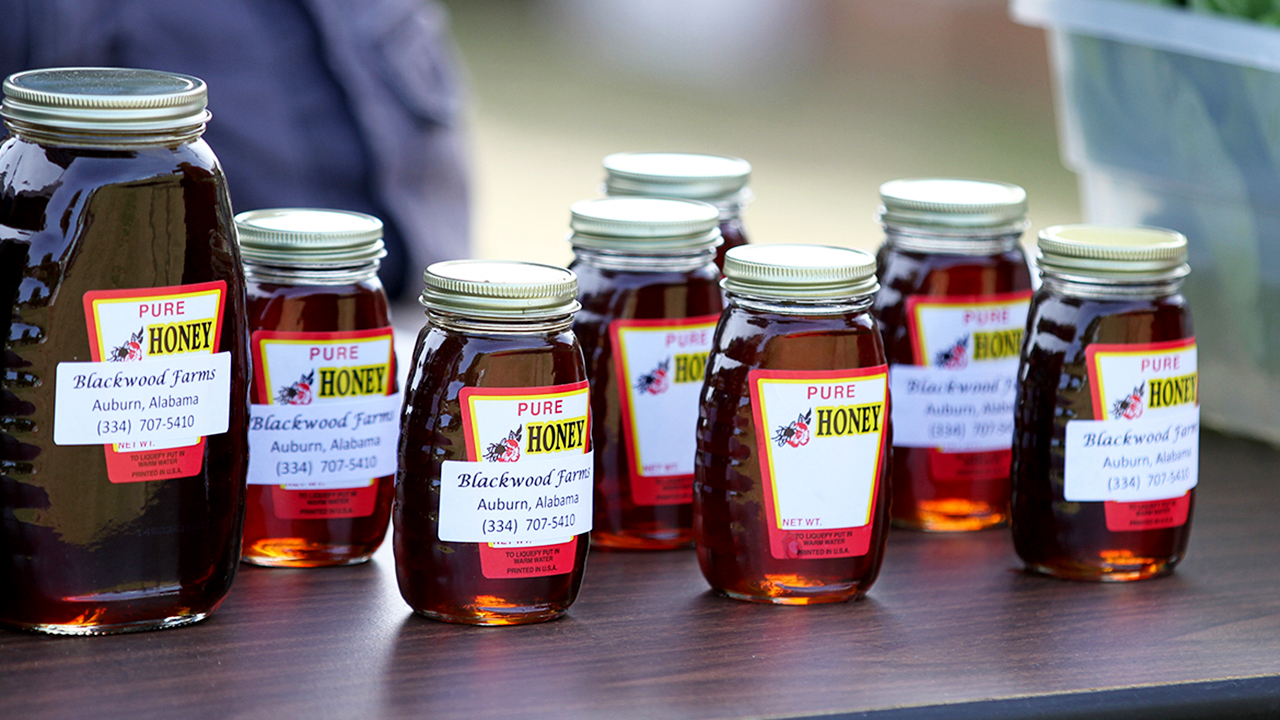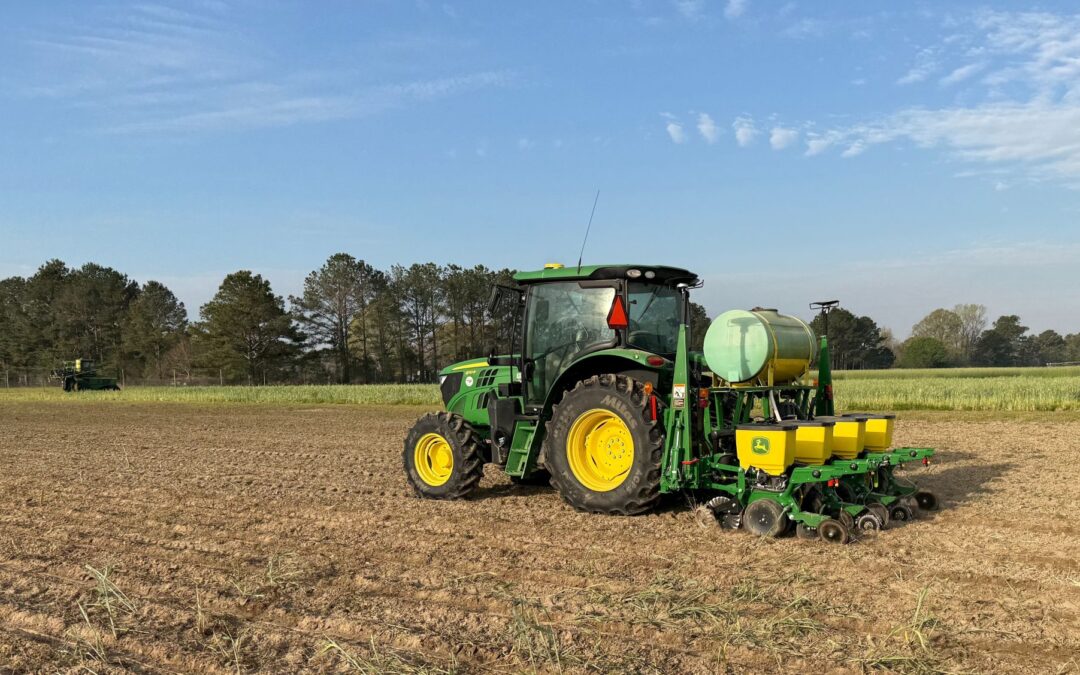By Laura Cauthen / May 30, 2018 4:09:34 PM
News
The Auburn University College of Agriculture and the City of Auburn are teaming up to host Bee Auburn 2018 June 18 – 22. The week, which coincides with National Pollinator Week 2018, celebrates pollinators and their impact on our culture, health, history, society and economy.
Over the course of the week, Bee Auburn will host the following activities to raise awareness regarding pollinators:
Monday, June 18—Cooking with pollinators: Dinner at the AU Community Garden.
Tuesday, June 19—Coffee, Tea and Teacups: A Sip N’Paint event. Ages 21 and up; registration required; $35 per person for materials and studio fees. Space is limited.
Wednesday, June 20—Kids’ night at the arboretum and Bee-A-Biologist educators event (invitation only)
Thursday, June 21—Scientific Arts at Jule Collins Smith Museum
Friday, June 22—Bee Auburn Main Event at the Donald E. Davis Arboretum, 5:30-8 p.m. Vendors, music, “pollinator walks” through the arboretum, kids’ activities and more.




